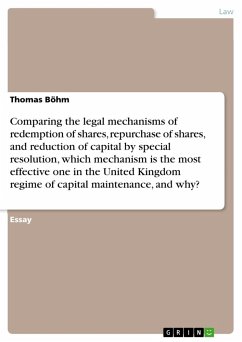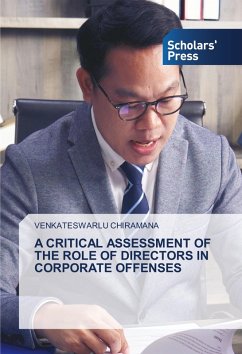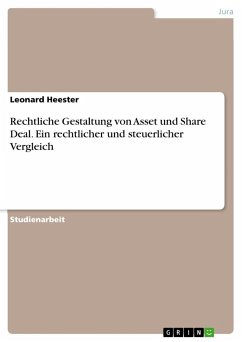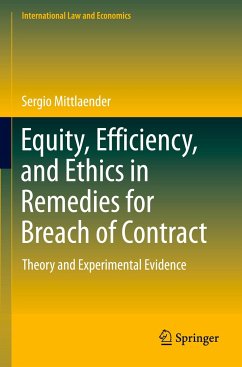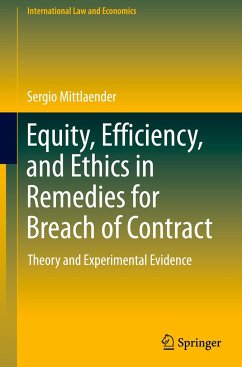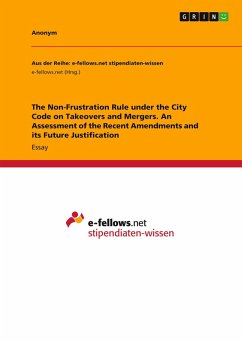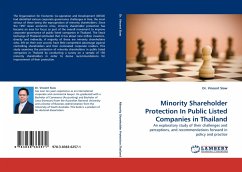
A critical assessment of the role of directors in relation to takeovers of public companies

PAYBACK Punkte
0 °P sammeln!
Essay from the year 2019 in the subject Law - Civil / Private / Trade / Anti Trust Law / Business Law, grade: A, University of Edinburgh (Edinburgh Law School), course: Company Law, language: English, abstract: Target directors have an ambiguous role in corporate takeovers. On the one hand, once a bid is imminent, they are significantly involved spending most of their time in responding to the bid and advising the shareholders whose interests the directors must primarily represent. On the other hand, they face various potential conflicts of interests as takeovers can have significant personal ...
Essay from the year 2019 in the subject Law - Civil / Private / Trade / Anti Trust Law / Business Law, grade: A, University of Edinburgh (Edinburgh Law School), course: Company Law, language: English, abstract: Target directors have an ambiguous role in corporate takeovers. On the one hand, once a bid is imminent, they are significantly involved spending most of their time in responding to the bid and advising the shareholders whose interests the directors must primarily represent. On the other hand, they face various potential conflicts of interests as takeovers can have significant personal and professional implications on them.This essay critically assesses the role of directors in relation to takeovers of public companies. Their corporate powers are constrained by a range of rules in the Takeover Code . However, takeover regulation leaves significant room for board discretion which is therefore subject to common law and general company law. As we will see, the target directors only have an advisory role vis-à-vis the shareholders, with the latter taking the ultimate decision on acceptance of the takeover bid.The essay is structured as follows. Section 2 starts by introducing the context of takeovers of public companies followed by a brief summary of common motives for takeovers in section 3. Special emphasis is placed on the effects of the theory of the market for control on directors which at various points had an influence on the takeover regulation. Section 4 then deals with the allocation of the acceptance-decision on a takeover bid to the shareholders. In order not to interfere with this right by taking defensive measures which could frustrate a takeover bid, the Takeover Code has imposed a strict 'no frustration rule' on target directors. This is covered by section 5. Reference will also be made to the respective directors' (fiduciary) duties under common law and company law. Subsequently, section 6 critically discusses the advisory role of the target directors when recommending a takeover offer to the shareholders, the various conflicts of interest to which they are exposed and how the takeover regulations attempt to solve them. Although the takeover regime mainly focuses on the role of target directors, section 7 outlines some of the constraints which the directors of the bidder are subject to when launching a takeover bid. Section 8 concludes.





